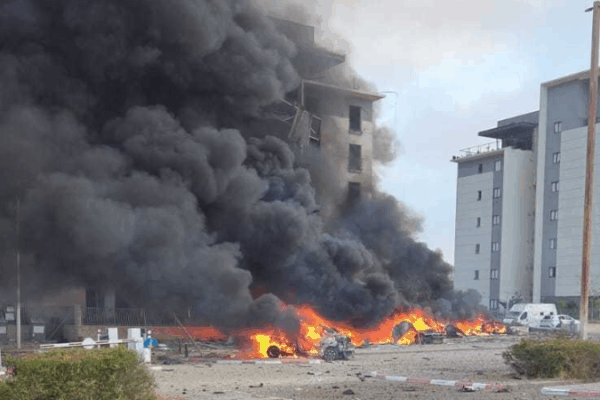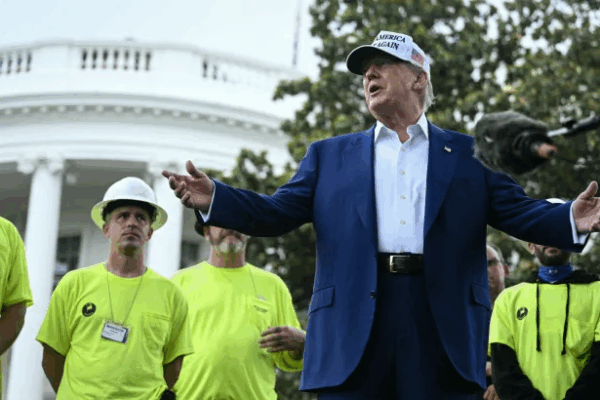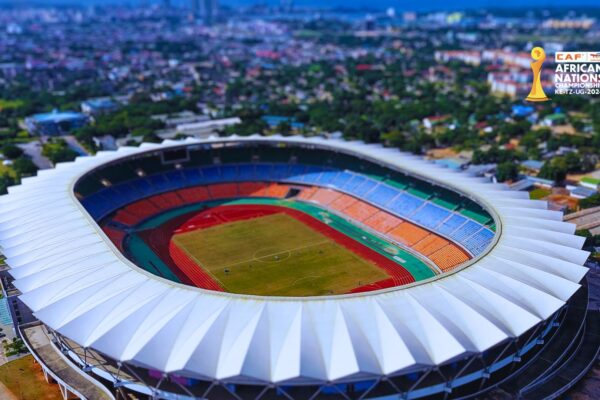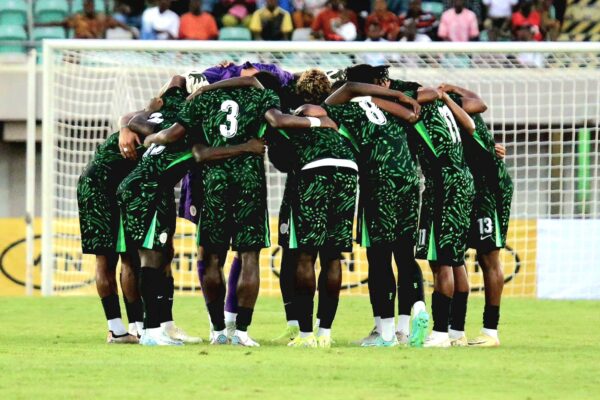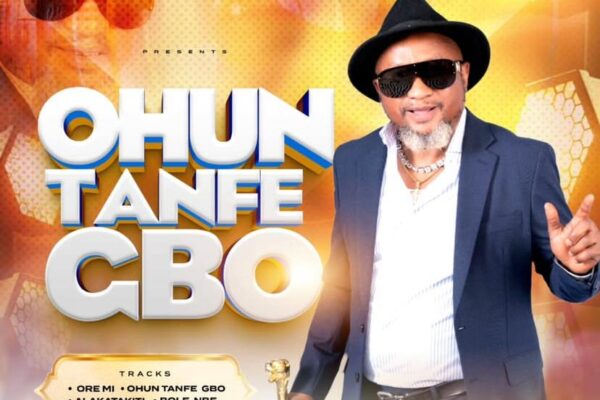
Tinubu to Choose 2027 Running Mate After Party Convention – Presidency
President Bola Ahmed Tinubu will not name his running mate for the 2027 presidential election until after the All Progressives Congress (APC) holds its nomination convention in 2026, according to his Special Adviser on Information and Strategy, Bayo Onanuga. In an exclusive interview with Daily Trust, Onanuga dismissed the ongoing controversy surrounding the apparent exclusion of Vice President Kashim Shettima from recent endorsements for Tinubu’s second term, calling it “a non-issue.” He clarified that Nigeria’s presidential system allows a candidate to first emerge before selecting a running mate—just as Tinubu did with Shettima in 2023. “People always like to speculate about vice presidents and deputy governors in this country, but as far as I know, there’s no problem between them,” Onanuga stated. When asked whether the controversial Muslim-Muslim ticket would be repeated, he responded that public concerns had largely subsided. “Early fears of religious domination have since been proved unfounded,” he added. The comments come amid rising political tension within the APC, particularly following the North-East Summit held in Gombe. The event turned controversial when the party’s National Vice Chairman (North-East), Salihu Mustapha, declined to endorse Vice President Shettima alongside President Tinubu. The incident nearly turned violent, with Mustapha forced to exit the venue under duress. Defending his stance, Mustapha said party procedure must be respected. “Nowhere in the party constitution does it mandate us to endorse a running mate during the nomination process. It’s the exclusive right of the presidential candidate,” he said. Meanwhile, Borno State Governor Babagana Zulum publicly reaffirmed his region’s support for Shettima, urging President Tinubu to retain him for the 2027 race. “It’s a rare privilege to have the vice president from our region. His leadership and experience have greatly benefited this administration,” Zulum stated. Speculation has continued to swirl over possible alternatives to Shettima. Some political analysts suggest Tinubu may consider selecting a northern Christian, a current North-West governor, or even Senator Rabiu Kwankwaso of the NNPP, should he defect to the APC. The Muslim Rights Concern (MURIC) has warned against dropping Shettima, describing such a move as politically risky and potentially divisive. The group called for wide consultations before any final decision is made. Despite the growing undercurrents, the presidency and the APC maintain that no official conflict exists between Tinubu and Shettima. Still, the jostling ahead of 2027 suggests strategic political realignments are already taking shape behind the scenes.


